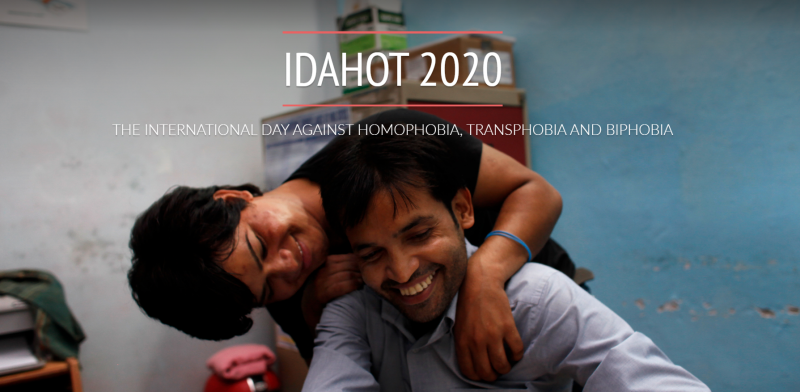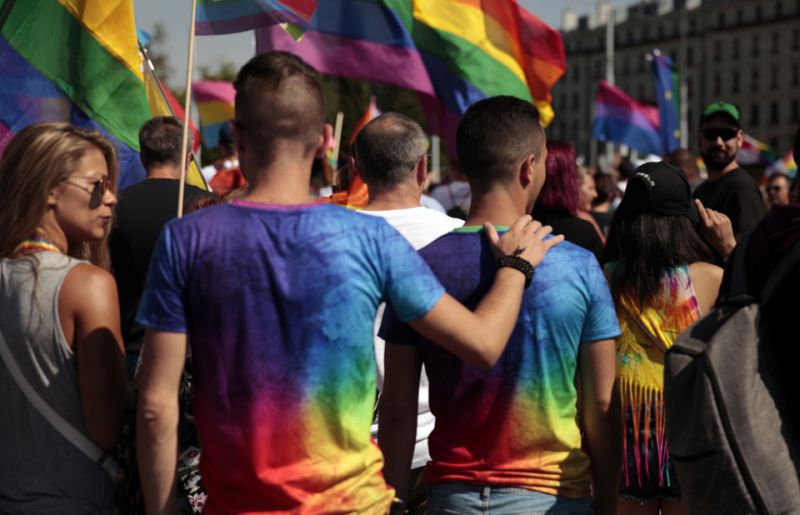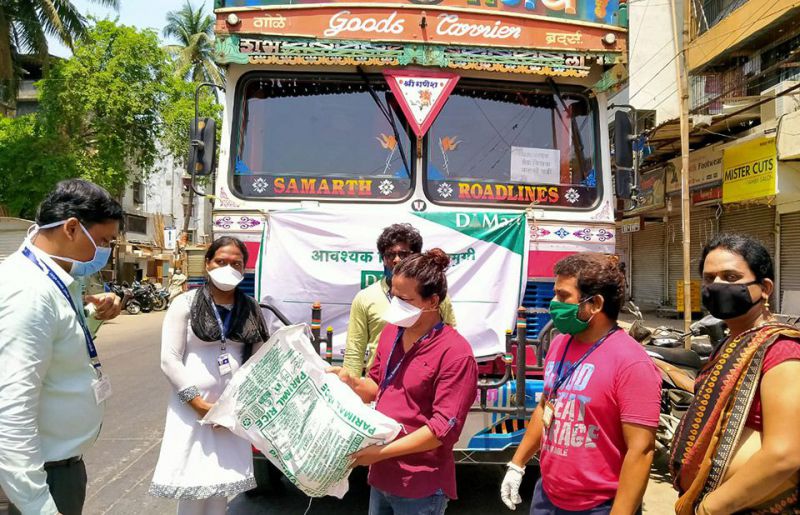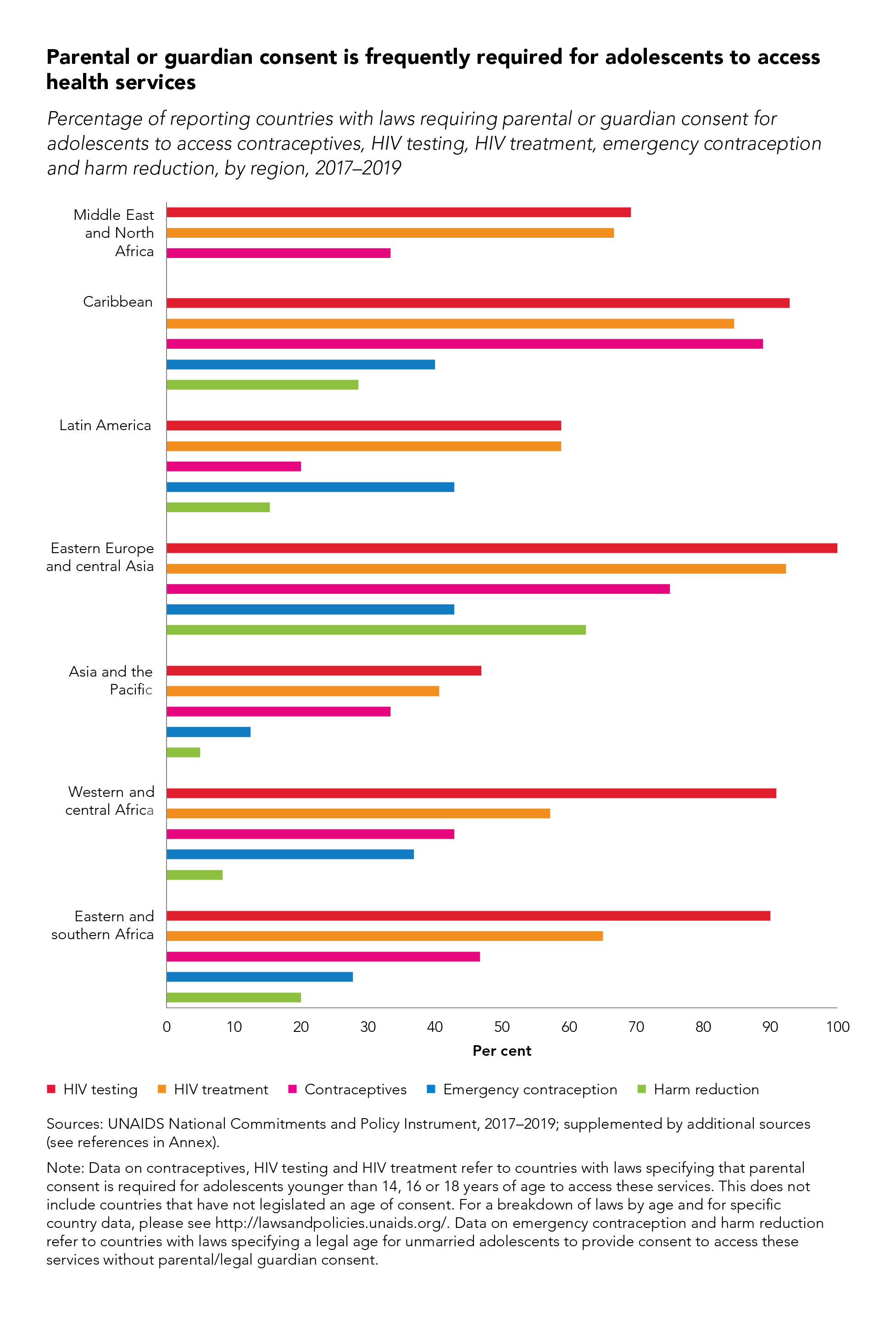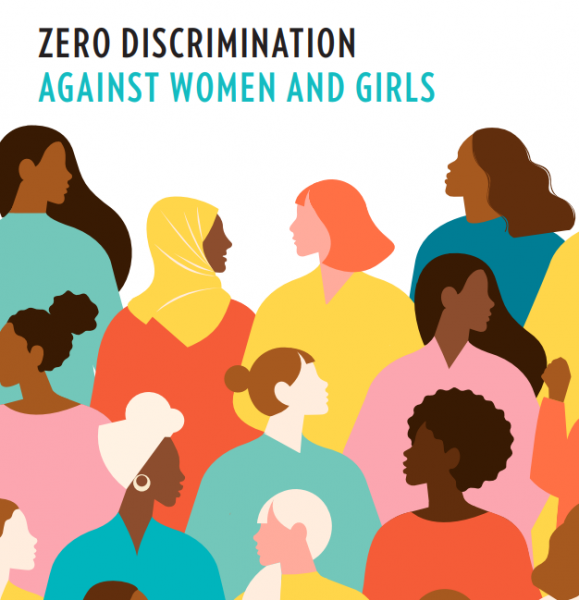GENEVA, 27 March 2020—UNAIDS welcomes the decision by the International AIDS Society to hold the 23rd International AIDS Conference in July as a virtual gathering and hopes that the key population networks organizing the HIV2020 conference can find an alternative solution to hold their conference.
In the light of the COVID-19 pandemic, AIDS 2020: Virtual, organized by the International AIDS Society, will enable the participants to access and engage with the latest HIV science, advocacy and knowledge, and to do so safely.
The organizers of HIV2020, a conference that was due to be held in Mexico in order to provide a safe alternative for people who cannot or will not enter the United States of America, have cancelled the conference and will look at alternative arrangements after the Government of Mexico suspended large events in the country.
“I thank the organizers for going ahead with the 2020 International AIDS Conference, and in a way that will protect the lives and well-being of the thousands of participants. I call on people to get together at AIDS 2020: Virtual in greater numbers than ever before and recommit to working together to end the AIDS epidemic,” said Winnie Byanyima, UNAIDS Executive Director. “I hope that HIV2020 can still go ahead in some form and UNAIDS supports the decision of the co-organizers to put the health and safety of communities first.”
Large numbers of people had been expected to attend AIDS 2020 in San Francisco and Oakland, United States. Instead, AIDS 2020: Virtual will allow the participants to engage in virtual sessions, satellites, exhibitions, podcasts and interactive community networking from anywhere in the world. It is hoped that HIV2020 will be held in a similar way.
Kevin Osborne, the Executive Director of the International AIDS Society (IAS), said, “The AIDS 2020: Virtual theme is resilience. There is no better word to describe what’s needed at this time. For today, this resilience is being tested by a rapidly evolving global health landscape, to which we must now add the COVID-19 pandemic. In solidarity, now more than ever the HIV community needs to come together in our shared commitment to ensure that evidence and human rights remain cornerstones of our response.”
Rico Gustav, the Executive Director of the Global Network of People Living with HIV (GNP+), said, “As co-organizers of HIV2020, the Global Network of People Living with HIV and other global networks are unanimous in our decision to cancel the conference. The health and safety of our communities comes first. As COVID-19 affects more countries and communities, we are adapting and supporting our members in these extremely difficult times. The HIV2020 co-organizers will continue to defend and enhance the leadership of key populations and people living with HIV for HIV and health responses locally, nationally and globally, including exploring virtual spaces to enable this.”
UNAIDS urges everyone to remember that COVID-19 is a serious disease. All people living with HIV should take all recommended preventive measures to minimize exposure to, and prevent infection by, the virus that causes COVID-19.
As in the general population, older people living with HIV or people living with HIV with heart or lung problems may be at a higher risk of becoming infected with the virus and of suffering more serious symptoms. We will learn more about how HIV and COVID-19 together impact on people living with HIV from countries and communities responding to both epidemics. Lessons in rolling out innovations or adapting service delivery to minimize the impact on people living with HIV will be shared and replicated as they become available.
The HIV response has shown that strong and effective public health response that engage affected communities must be based on human rights and address both the biological and social contexts of the diseases. As COVID-19 moves into high-density settings and threatens marginalized people and communities, it is critical that information needs, basic hygiene supplies such as soap and water, sufficient food and social supports that respond to income loss and poverty are prioritized and addressed as part of preparation and response.
“The COVID-19 pandemic is affecting the lives of billions of people around the world,” added Ms Byanyima. “We must not forget, however, that the HIV epidemic has not gone away. Even in these difficult times, our partners are making sure that the AIDS response carries on—unsung heroes are ensuring that HIV treatment and prevention services for people living with and affected by HIV continue to be available.”
UNAIDS
The Joint United Nations Programme on HIV/AIDS (UNAIDS) leads and inspires the world to achieve its shared vision of zero new HIV infections, zero discrimination and zero AIDS-related deaths. UNAIDS unites the efforts of 11 UN organizations—UNHCR, UNICEF, WFP, UNDP, UNFPA, UNODC, UN Women, ILO, UNESCO, WHO and the World Bank—and works closely with global and national partners towards ending the AIDS epidemic by 2030 as part of the Sustainable Development Goals. Learn more at unaids.org and connect with us on Facebook, Twitter, Instagram and YouTube.



